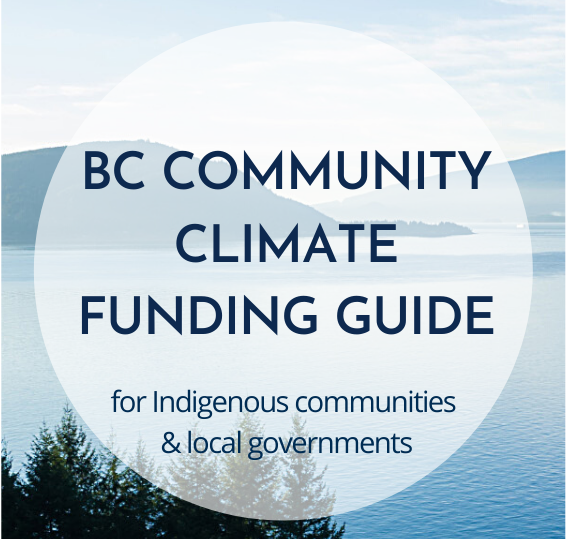Funding Programs for Communities
The Province, along with other funding partners, provides funding support for capacity building, planning, energy efficiency, and renewable energy generation. Projects are led by communities and are tailored to individual community needs.
Community Energy Diesel Reduction (CEDR)
The Community Energy Diesel Reduction (CEDR) program provides non-repayable funding contributions for renewable energy initiatives to eligible remote communities. These communities are off-grid residential regions that rely on diesel fuel for electricity generation. The program provides a suite of funding for capacity building and planning, energy efficiency projects, and renewable energy generation.
British Columbia Indigenous Clean Energy Initiative (BCICEI)
British Columbia Indigenous Clean Energy Initiative (BCICEI) provides funding for First Nations, tribal councils, and organizations majority owned by First Nation communities for energy efficiency projects, feasibility studies, project design and engineering, environmental reviews, and permitting for renewable energy projects. The program supports on-grid and remote and off-grid communities.
In June 2023, the Province announced a contribution of $140 million to the New Relationship Trust to expand the B.C. Indigenous Clean Energy Initiative (BCICEI) and further support small-scale, Indigenous-led clean energy projects. Interest earned from the endowment is being used to support existing BCICEI funding streams; please refer to the New Relationship Trust website for more information about the program.
The Province, New Relationship Trust, and Pacific Economic Development Canada (PacifiCan), with technical input from BC Hydro, are developing a new BCICEI funding stream to support smaller Indigenous-led power projects that may otherwise not be competitive due to their smaller size. Once implemented, the new funding stream is expected to draw down the $140 million over several years.
In May 2024, the BCICEI program development team released a discussion paper about the new funding stream. The paper is intended to provide information and gather feedback on the conceptual design of the new funding stream and includes the proposed program principles, eligibility criteria and funding models. Please download it here.
The development team held five engagement sessions in May and June 2024 to gather First Nations input on the proposed design of the new funding stream. A summary of the input can be downloaded here. First Nations' input continues to be important and is considered in the ongoing design of the program. Feedback and questions can be submitted to the Community Clean Energy Branch: communitycleanenergy@gov.bc.ca
In Spring 2025, NRT and the development team are looking for additional information about potential small scale Indigenous-led clean energy projects able to connect to BC Hydro's integrated electricity grid. A Request for Information (RFI) is currently open; information collected will be used to further develop the new BCICEI stream while refining program parameters and project eligibility details to encompass current energy projects in BC. To submit information about an eligible project, please access the RFI on the NRT site before May 26, 2025.
The Indigenous Climate Action Network (I-CAN)
The Indigenous Climate Action Network (I-CAN) program offers funding for remote Indigenous communities to hire, train, and mentor full-time Climate Action Coordinators. Coordinators support the planning and implementation of energy efficiency, renewable energy generation, and climate change adaptation projects for their communities.
Energy Peers in Indigenous Communities (EPIC)
The Energy Peers in Indigenous Communities (EPIC) network is a program to build capacity, knowledge, and skills related to renewable energy in Indigenous communities in B.C. The program supports a cohort of participants (called Community Energy Champions) with a peer-to-peer cohort and peer mentorship approach to building and sharing knowledge, networking and engagement, skills development, and training on renewable energy.
For a full list of funding programs for Indigenous nations and civic governments, please see: B.C. Community Climate Funding Guide for Indigenous communities & local governments. An all-in-one online guide of funding opportunities for climate action projects in your community.

